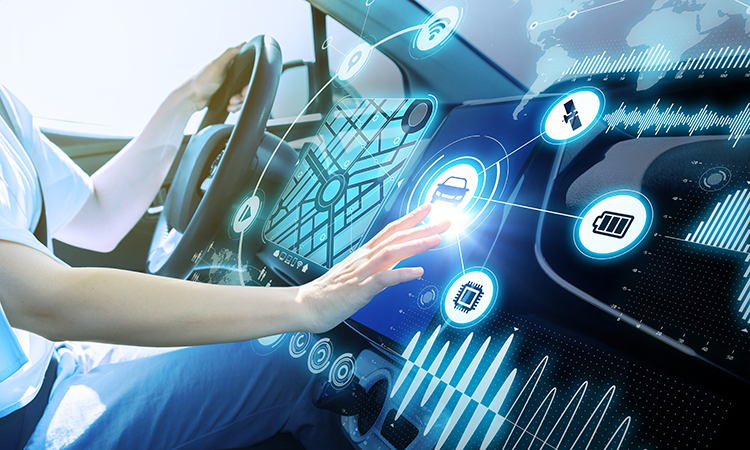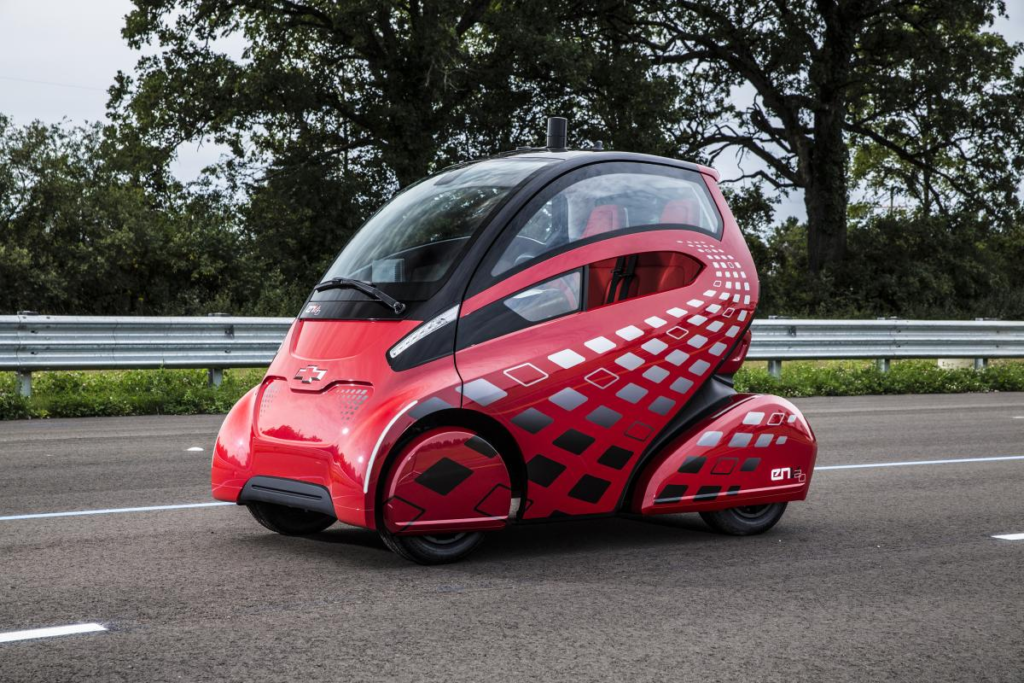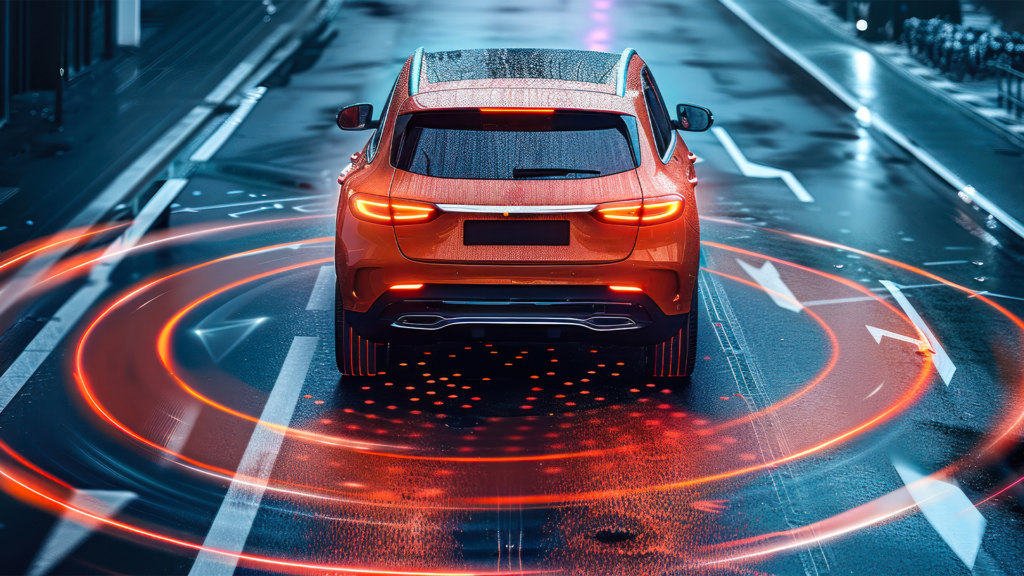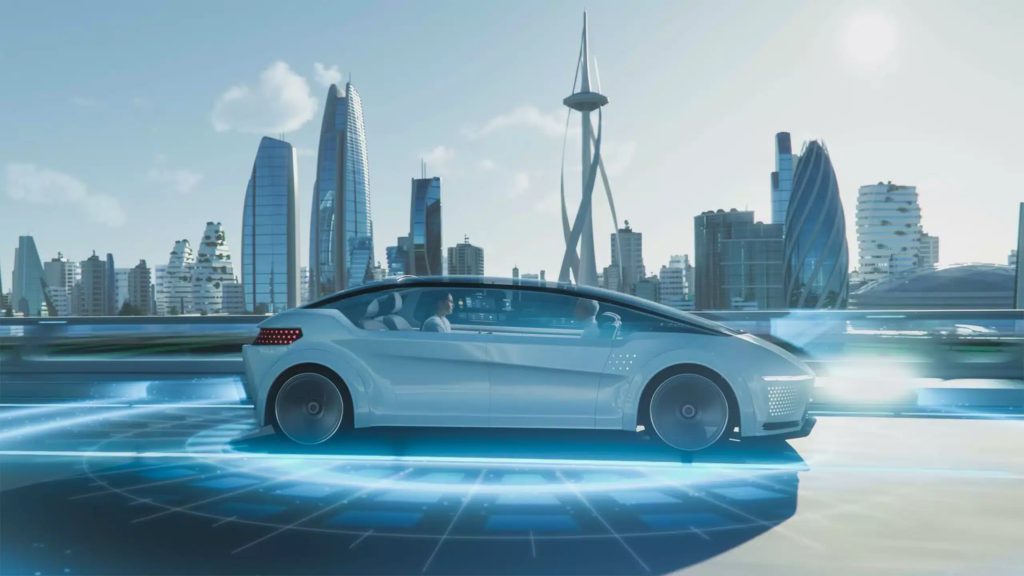Buckle up, because the future of transportation is undergoing a revolutionary transformation! The world of connected cars is speeding ahead with advancements in technology like never before. Imagine vehicles that can communicate with each other, navigate autonomously, and provide real-time data to enhance your driving experience. Get ready to dive into the exciting realm where 5G and IoT are reshaping the way we move from point A to point B.

What is 5G and how it is transforming the automotive industry
5G, the fifth generation of wireless technology, is revolutionizing the automotive industry by providing lightning-fast connectivity and enabling a new era of innovation in transportation. With 5G networks, vehicles can communicate with each other in real-time, enhancing road safety and reducing accidents. This high-speed connectivity also allows for seamless integration of advanced driver-assistance systems (ADAS) and autonomous driving features.
The low latency of 5G enables near-instantaneous data transfer between vehicles and infrastructure, paving the way for smarter traffic management systems and improved navigation services. Automakers are leveraging this technology to develop connected vehicles that can receive over-the-air software updates, monitor vehicle performance remotely, and provide personalized services to drivers.
In addition to enhancing driver experience, 5G is transforming manufacturing processes through smart factories that utilize IoT devices for predictive maintenance and real-time monitoring. As the automotive industry embraces this cutting-edge technology, we can expect to see unprecedented advancements in vehicle connectivity and mobility solutions.
The impact of IoT on transportation and connected cars
The impact of IoT on transportation and connected cars is profound. Through the integration of Internet of Things technology, vehicles can communicate with each other, traffic signals, and infrastructure to optimize traffic flow and enhance safety.
IoT enables real-time data collection and analysis, allowing for predictive maintenance to prevent breakdowns and improve vehicle performance. Connected cars equipped with IoT sensors can also provide valuable information on road conditions, weather updates, and navigation assistance to drivers in real-time.

Moreover, IoT plays a crucial role in enabling vehicle-to-vehicle (V2V) communication systems that help prevent accidents by alerting drivers to potential hazards ahead. This connectivity not only enhances driver safety but also reduces congestion on roads by facilitating smoother traffic patterns.
The integration of IoT in transportation is revolutionizing how we interact with our vehicles and navigate our surroundings on the road.
Benefits of Connected Cars for Drivers and Manufacturers
Connected cars offer a plethora of benefits for both drivers and manufacturers alike. For drivers, the convenience factor is at the forefront – from real-time traffic updates to predictive maintenance alerts, these smart vehicles make life on the road smoother. Safety is also a key advantage, with features like automatic emergency braking systems and lane departure warnings enhancing driver security.
Moreover, connected cars can improve fuel efficiency through optimized route planning and engine performance monitoring. Drivers can also enjoy enhanced entertainment options with seamless integration of music streaming services and voice-activated controls. On the other hand, manufacturers benefit from valuable data insights gathered from connected vehicles that help in product development and customer satisfaction.
Furthermore, remote diagnostics capabilities enable proactive maintenance scheduling, reducing downtime for both drivers and manufacturers. The ability to push over-the-air software updates ensures that vehicles are always up-to-date with the latest features and improvements. In essence, connected cars bring a new level of convenience, safety, efficiency, and innovation to both drivers’ experiences on the road and manufacturers’ operations in the industry.
Challenges and Concerns surrounding the Connected Car Revolution
As we embrace the era of connected vehicles, there are inevitably challenges and concerns that come hand in hand with this technological revolution. One significant issue revolves around data security and privacy. With cars becoming more interconnected, the risk of potential cyber threats increases, raising questions about how to safeguard sensitive information.
Another pressing concern is the need for standardization across different manufacturers to ensure seamless communication between vehicles and infrastructure. Without universal protocols in place, compatibility issues may arise, hindering the full potential of a connected transportation system.

Moreover, there are apprehensions regarding the reliability of autonomous driving technology. Despite advancements in AI and machine learning, uncertainties persist around the ability of self-driving cars to navigate complex real-world scenarios safely.
Additionally, as connectivity becomes more prevalent on roads worldwide, addressing regulatory challenges becomes paramount. Establishing clear guidelines and regulations will be crucial in ensuring a smooth integration of connected cars into existing transportation networks without compromising safety or efficiency.
Future Predictions for Connected Cars and Transportation
The future of connected cars and transportation is brimming with innovation and possibilities. As technology continues to advance, we can expect to see even more seamless integration between vehicles, infrastructure, and digital platforms. Imagine a world where cars communicate not only with each other but also with traffic signals, road sensors, and even pedestrians’ smartphones.
This interconnected network will pave the way for safer roads, reduced congestion, and improved efficiency in our daily commutes. Autonomous driving features will become more sophisticated, leading to increased convenience for drivers and passengers alike. Additionally, predictive maintenance capabilities enabled by IoT devices will help prevent breakdowns before they occur.

Furthermore, the rise of electric vehicles powered by 5G technology will revolutionize the automotive industry by reducing emissions and promoting sustainability. With advancements in vehicle connectivity and data analytics, personalized services such as tailored route recommendations and in-car entertainment options will enhance the overall driving experience.
In this fast-evolving landscape of smart cars and intelligent transportation systems, one thing is certain – the future holds endless opportunities for growth and transformation.
Conclusion: The Exciting Potential of a Fully Connected Transportation System
The exciting potential of a fully connected transportation system is on the horizon, with the advent of 5G and IoT technologies reshaping the automotive industry. Connected cars are revolutionizing how we move from one place to another, offering benefits for both drivers and manufacturers alike. Despite some challenges and concerns surrounding privacy and cybersecurity, the future looks bright for smart vehicles and transportation innovation.
As we continue down this path towards a more connected future, it’s clear that the possibilities are endless. With advancements in technology driving us forward, we can look forward to safer roads, improved traffic management, enhanced driver experiences, and reduced environmental impact. The era of connected vehicles is here to stay – so buckle up as we ride into a smarter, more efficient future of transportation.
For more such content, keep visiting QAWire


